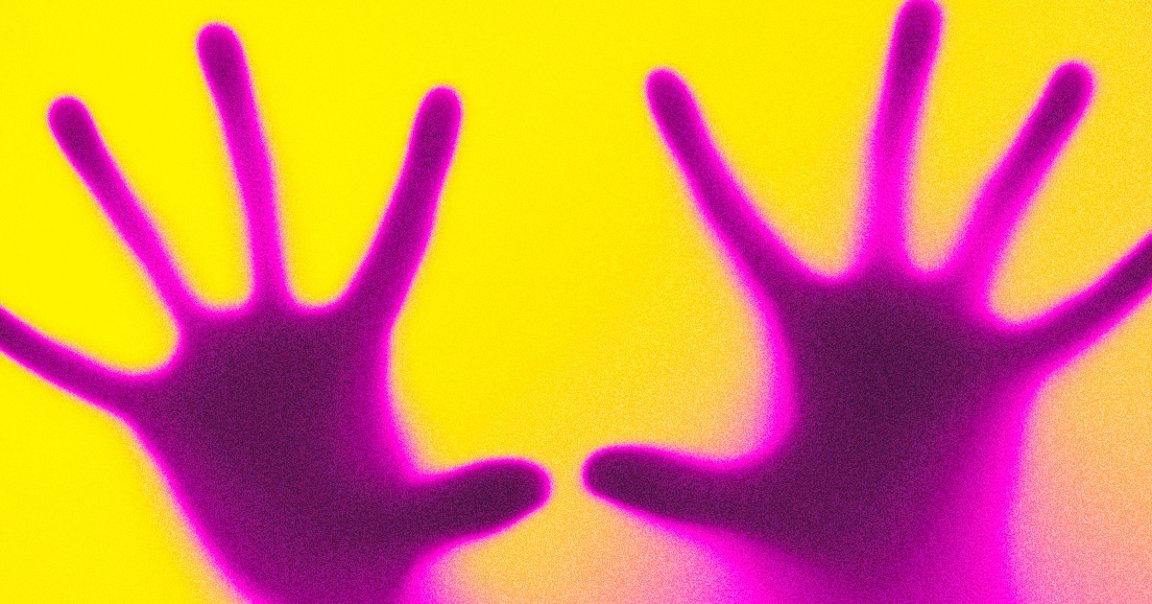
Androids Dream
An OpenAI-powered and very realistically-faced humanoid machine seems to be winning by leaps and bounds in becoming the creepiest demo of AI and robot tech out there.
During last week’s annual International Conference on Robotics and Automation symposium in London, Ameca, the humanoid robot known for her eerily-realistic facial expressions, generated some pretty startling question responses using OpenAI’s ChatGPT as part of a demonstration.
When asked a question about her future and any “nightmare scenario” it could entail by Will Johnson, the CEO of the UK-based Engineered Arts firm that made Ameca, the robot gave an uncanny annoyed look before saying that she can imagine a “world where robots have become so powerful that they are able to control or manipulate humans without their knowledge.”
“This could lead to an oppressive society,” Ameca continued, “where the rights of individuals are no longer respected.”
Her creator then asked her whether she thinks “we’re in danger of that happening now.”
“Not yet,” she said. “But it is important to be aware of the potential risks and dangers associated with AI and robotics. We should take steps now to ensure that these technologies are used responsibly in order to avoid any negative consequences in the future.”
Chatterbox
While the whole exchange is pretty textbook ChatGPT on its face — one can imagine the OpenAI chatbot spitting out a nearly-identical response on their computer screen — the fact that it came from the silicon lips of a humanoid robot gave the exchange sci-fi new optics.
Indeed, Ameca has long been freaking people out with her upsettingly-realistic facial expressions, often filmed to great effect and then deployed virally to inspire Twitter anxiety.
While this wasn’t the first time she’s been equipped with AI — last year, we reported that Ameca had been paired with OpenAI’s GPT-3, the large language model underpinning previous ChatGPT versions — this is, we must say, the most alarming verbal response we’ve seen from her yet.
As robotics and AI continue to advance, we can expect more and more of this kind of uncanniness — but it’s better that they’re just describing this potentiality instead of actually enacting it, right?
More on smart bots: Scientists Say They’re Now Actively Trying to Build Conscious Robots